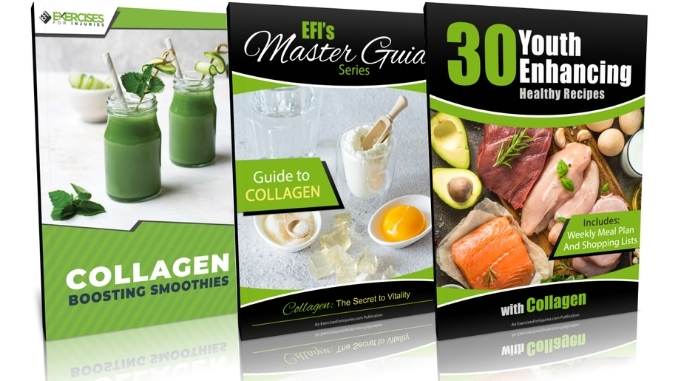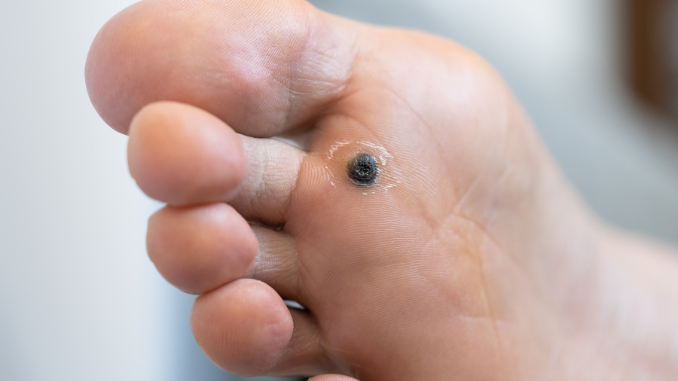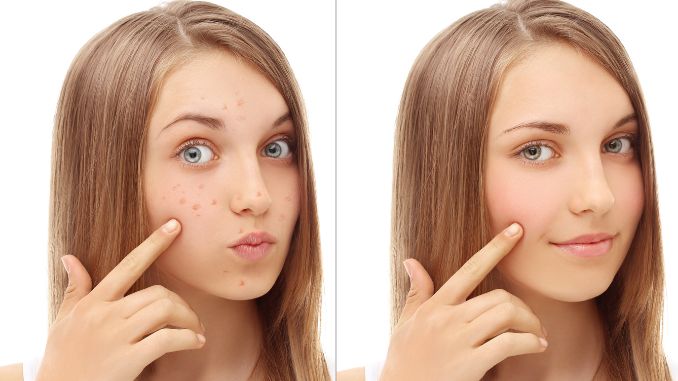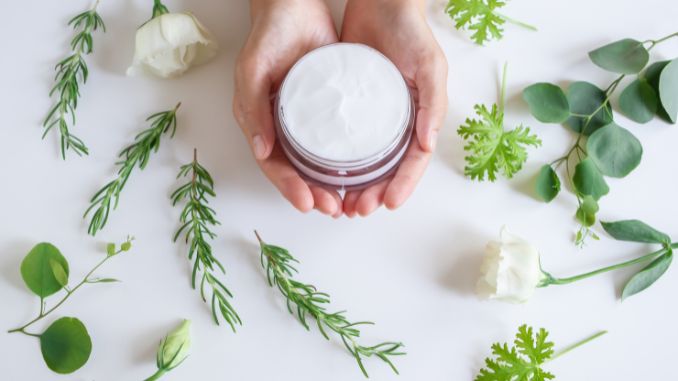Embracing DIY skincare enhances skin health and strengthens the connection to self-care. Creating personalized skincare products with intention and mindfulness allows individuals to infuse their beauty routines with self-love. From the daily application of handmade facial serums to indulging in pampering body scrubs, DIY skincare rituals provide moments of relaxation, reflection, and self-appreciation.
Nurturing the skin with natural ingredients becomes a form of self-expression, celebrating one's unique beauty. This journey into DIY skincare represents holistic self-care, extending beyond physical wellness to encompass emotional and spiritual nourishment.
Understanding DIY Skincare: What It Entails
What Is DIY Skincare?
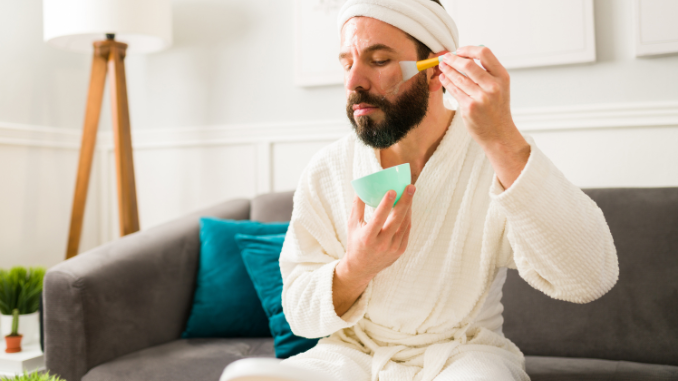
DIY skincare refers to creating your products using natural and organic ingredients. It also involves crafting various products such as facial masks, scrubs, lip balms, serums, and moisturizers at home, utilizing ingredients free from harsh chemicals and preservatives. This approach allows individuals to tailor their skincare routines to their specific needs and preferences while also gaining a deeper understanding of the ingredients used and their benefits for the skin.
DIY skincare empowers individuals to take control of their beauty regimens and embrace a more natural and sustainable approach to skincare.
Is This Safe?

DIY skincare can be safe and effective when practiced responsibly and with proper knowledge of ingredients and their interactions. However, it is essential to research and understand the properties of each ingredient, potential allergens, and adequate storage and usage guidelines.
Additionally, ensuring that the workspace and tools are clean and sanitized is crucial to prevent contamination and maintain the safety of DIY skincare products. By following best practices and being mindful of individual skin sensitivities, DIY skincare can indeed be a safe and rewarding way to care for the skin.
The Benefits Of DIY Skincare
DIY skincare offers many benefits, including customizing products according to individual skin needs, preferences, and sensitivities. By using organic ingredients for natural skincare products, individuals can avoid the potentially harmful effects of synthetic chemicals often found in commercial skincare products.
Furthermore, DIY skincare promotes sustainability by reducing packaging waste and the environmental impact of traditional beauty products. Crafting skincare products at home can also be a therapeutic and creative experience, providing a sense of accomplishment and connection to the ingredients used. Overall, DIY skincare enables individuals to take a more conscious and holistic approach to self-care and beauty.
Essential Ingredients
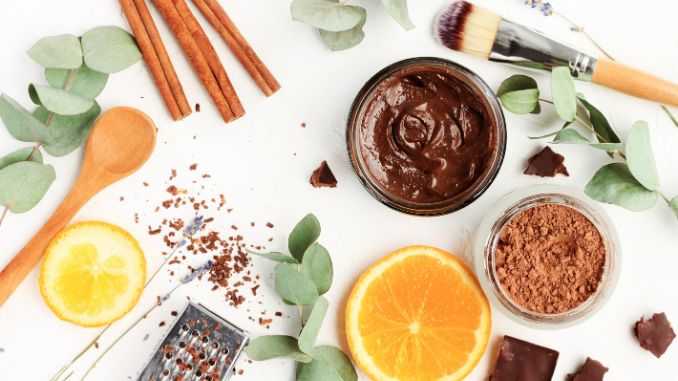
When it comes to DIY skincare, the selection of ingredients plays a key role in the effectiveness and safety of the products.
1. Essential Oils
Incorporating crucial oils like lavender, tea tree, and rosehip seed oil adds soothing, antibacterial, and also regenerative properties to your skincare creations.
2. Carrier Oils
Utilize base ingredients such as jojoba, sweet almond, and also coconut oil for their moisturizing and nourishing qualities, providing a solid foundation for your DIY skincare products.
3. Natural Exfoliants
Sugar, salt, and coffee grounds serve as gentle yet effective options for exfoliation, aiding in removing dead skin cells and also boosting skin renewal.
4. Soothing Agents
Aloe vera gel, honey, and oatmeal offer soothing and hydrating benefits, making them valuable components that indeed enhance the overall quality of your DIY skincare recipes.
By understanding the properties and applications of these essential ingredients, individuals can indeed confidently create personalized skincare products tailored to address specific skin concerns and achieve desired skincare goals.
Recipes For Glowing Skin
Indulge in the art of self-care with our collection of DIY Skincare Recipes for Glowing Skin. Unlock the secrets to radiant, healthy skin by harnessing the power of everyday ingredients found in your kitchen.
1. Honey And Lemon Face Mask
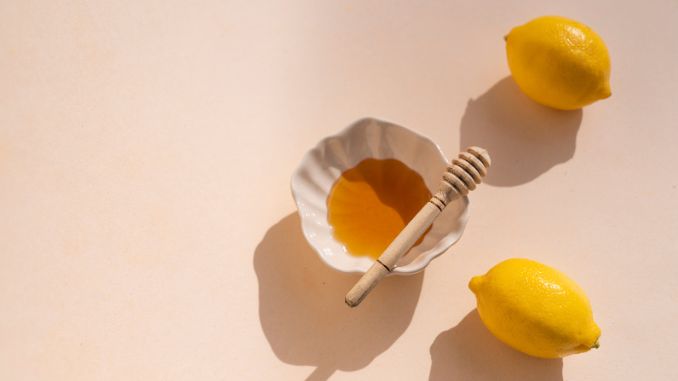
Ingredients:
Instruction:
Benefits: Honey moisturizes, while lemon juice can help brighten the skin. Honey's antibacterial properties combat acne-causing bacteria, and also its antioxidants promote skin rejuvenation for a healthy, youthful glow.
Risks: Potential skin irritation from lemon, risk of photosensitivity, and also possible allergic reactions to honey.
2. Oatmeal And Yogurt Exfoliating Scrub
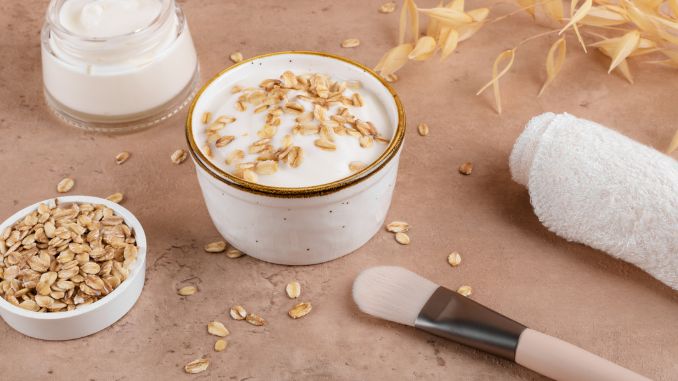
Ingredients:
Instruction:
Benefits: Gentle exfoliation with oatmeal, skin renewal and also brightening from yogurt's lactic acid, and moisturizing effects.
Risks: Excessive exfoliation may indeed lead to irritation, especially for sensitive skin.
3. Avocado And Banana Face Mask
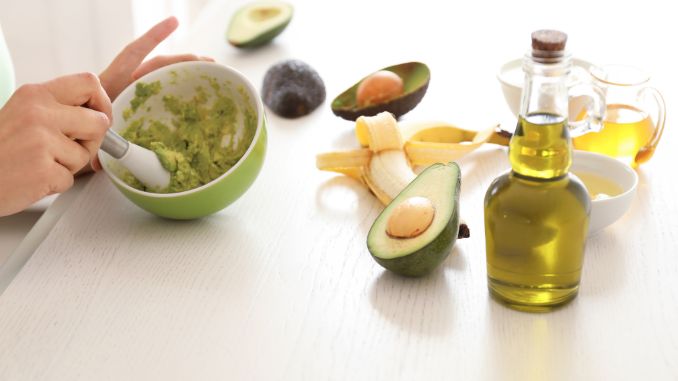
Ingredients:
Instruction:
4. Turmeric And Yogurt Face Mask
Ingredients:
Instruction:
Benefits: Anti-inflammatory and antioxidant properties of turmeric, soothing and moisturizing effects of yogurt, and also potential for a radiant complexion.
Risks: Temporary skin staining from turmeric and also potential allergic reactions.
5. Green Tea Toner
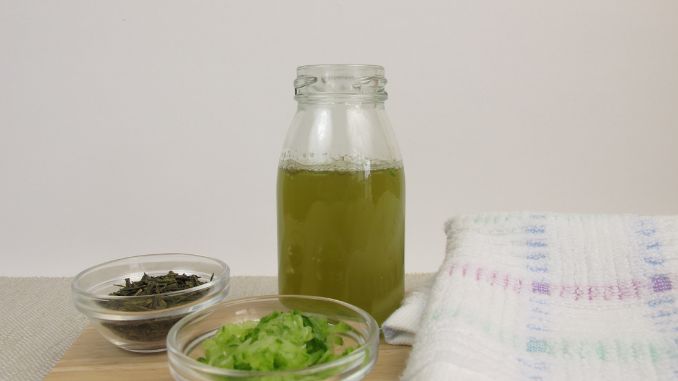
Ingredients:
Instruction:
Benefits: Antioxidants for skin protection, anti-inflammatory properties, and also oil control for oily or acne-prone skin.
Risks: Cautions for those allergic to caffeine and also the need for proper storage to prevent bacterial growth.
DIY Skincare For Dry Skin
Hydrating Avocado Mask
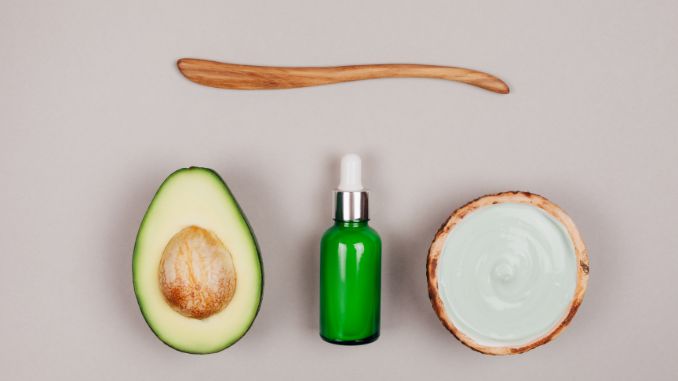
Ingredients:
Instruction:
Benefits: Avocado provides deep hydration and nourishment, promoting softer and more supple skin. Rich in vitamins and antioxidants, it may also contribute to a healthier complexion.
Risks: Minimal risks are associated with avocados. However, individuals with latex allergies may want to perform a patch test.
Olive Oil And Sugar Scrub
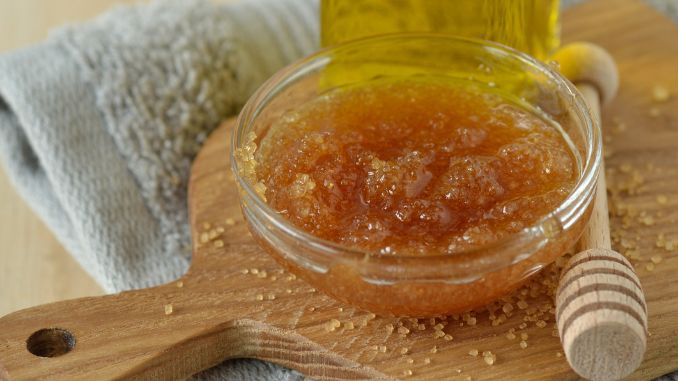
Ingredients:
Instruction:
Benefits: Olive oil offers moisturization, and sugar is also a natural exfoliant, removing dead skin cells. The scrub can also leave the skin smoother and softer.
Risks: Excessive scrubbing may indeed lead to skin irritation. Individuals with sensitive skin should also use gentle pressure.
Honey And Aloe Vera Face Mask
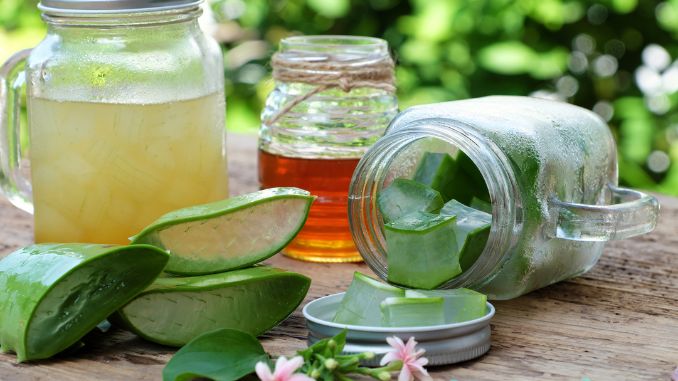
Ingredients:
Instruction:
Benefits: Honey has antibacterial properties, while aloe vera soothes and moisturizes. Together, they also can provide a calming and hydrating effect on the skin.
Risks: Potential allergic reactions to honey. Perform a patch test, and individuals allergic to bee products should indeed avoid this mask.
Coconut Milk And Honey Bath Soak
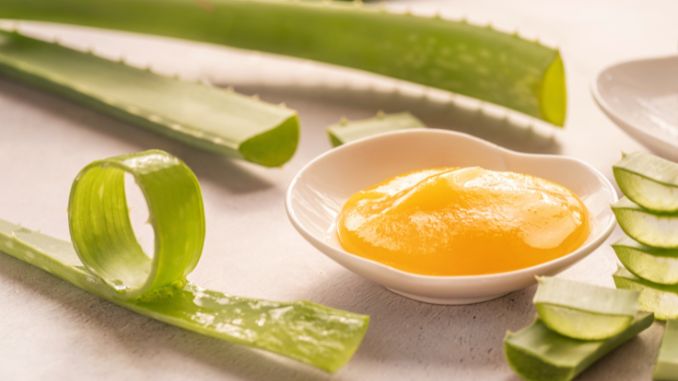
Ingredients:
Instruction:
Benefits: Coconut milk moisturizes, and honey indeed softens the skin. This bath soak can provide a relaxing and also hydrating experience.
Risks: Individuals allergic to coconut or honey should indeed avoid this soak. Ensure proper cleaning of the bathtub after use to prevent slipping.
Shea Butter And Lavender Body Butter
Ingredients:
Instruction:
Benefits: Shea butter is rich in moisturizing properties, and also a lavender offers a soothing aroma. Shea butter is deeply moisturizing, coconut oil adds extra hydration, and also lavender oil has a calming scent.
Risks: Individuals with lavender allergies should indeed avoid this product. Patch testing is advisable for those with sensitive skin.
DIY Skincare To Make At Home
Creating DIY skincare products at home is a fulfilling and empowering experience.
1. Cleansing Oil
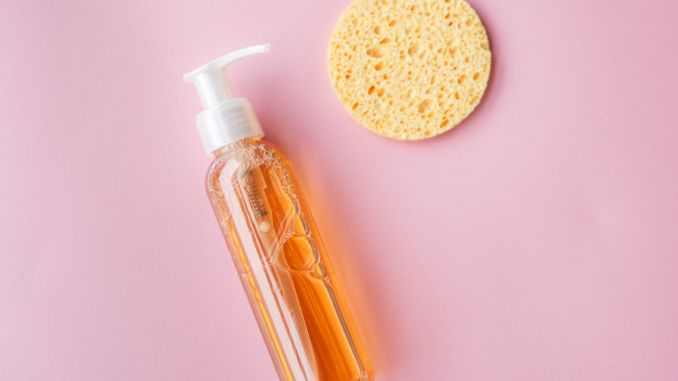
Ingredients:
Instruction:
Benefits: Cleansing oils remove makeup and impurities without stripping the skin's natural oils. They can be hydrating and suitable for various skin types.
Risks: Some individuals may be sensitive to certain oils. Patch testing is recommended, and those with oily or acne-prone skin should choose oils carefully.
2. Rosewater Toner
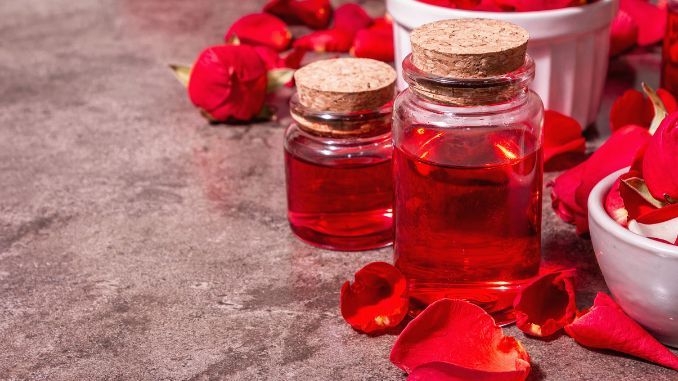
Ingredients:
Instruction:
Benefits: Rosewater is known for its hydrating and soothing properties. It can help balance the skin's pH, tighten pores, and provide a refreshing sensation.
Risks: Generally safe, but individuals with rose allergies should be cautious. Ensure the product does not contain added irritants.
3. Aloe Vera Gel Moisturizer
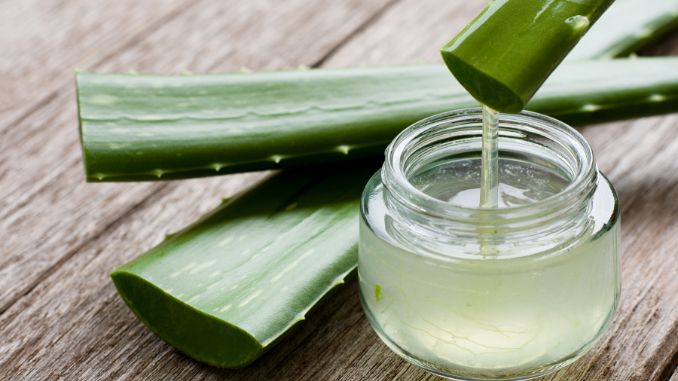
Ingredients:
Instruction:
Benefits: Aloe vera has excellent moisturizing and soothing properties. It can hydrate the skin without feeling greasy and is suitable for sensitive skin.
Risks: While rare, some individuals may be allergic to aloe vera. Patch testing is advised, especially for those with sensitive skin.
4. Coffee Grounds Exfoliating Scrub
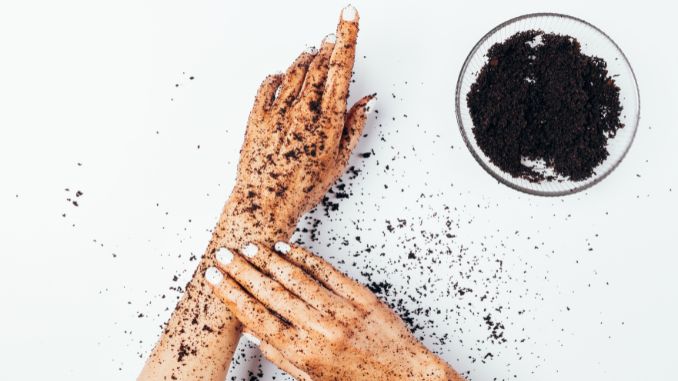
Ingredients:
Instruction:
Benefits: Coffee grounds exfoliate, and coconut oil moisturizes. Coffee grounds also act as a natural exfoliant, removing dead skin cells. The caffeine may temporarily tighten and brighten the skin.
Risks: The scrub can be abrasive, so use gentle pressure to avoid skin irritation. Individuals with sensitive skin should be cautious.
5. Honey And Oatmeal Face Mask
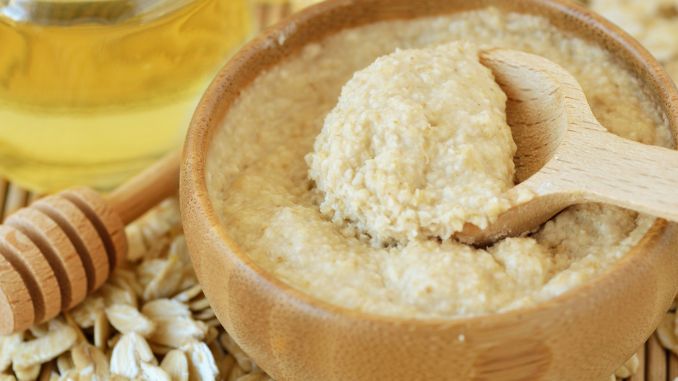
Ingredients:
Instruction:
Benefits: Honey has antibacterial properties, and oatmeal is soothing. Together, they can hydrate and calm the skin, making this mask suitable for various skin types.
Risks: Patch test for potential allergies to honey. Oatmeal is generally safe but may irritate some individuals.
Tailoring Skincare To Your Skin Type
Understanding your skin type is essential when crafting DIY skincare products. For oily skin, witch hazel, tea tree oil, and green clay can help regulate excess oil and purify the skin. A homemade clay mask with a few drops of tea tree oil, green clay, and apple cider vinegar can provide a deep cleanse and help minimize the appearance of pores.
Individuals with sensitive skin can benefit from gentle and calming ingredients such as chamomile, oatmeal, and calendula.
Creating a soothing chamomile and oatmeal facial oil cleanser using dried chamomile flowers, ground oatmeal, and aloe vera gel can offer a mild and nourishing cleansing option for sensitive skin. Individuals can effectively nurture and enhance their natural beauty by customizing DIY skin care recipes to address specific skin concerns.
Incorporating Self-Care Into Your Skincare Routine
Embracing DIY skincare enhances skin health and strengthens the connection to self-care. Creating personalized skincare products with intention and mindfulness allows individuals to infuse their beauty routines with self-love. From the daily application of handmade facial serums to indulging in pampering body scrubs, DIY skincare rituals provide moments of relaxation, reflection, and self-appreciation.
Nurturing the skin with natural ingredients becomes a form of self-expression, celebrating one's unique beauty. This journey into DIY skincare represents holistic self-care, extending beyond physical wellness to encompass emotional and spiritual nourishment.
DIY Skincare Tips For A Radiant Complexion
Achieving a radiant complexion through DIY skincare involves incorporating critical tips into your beauty routine:
Consistency is also essential in seeing results, so create a regular skincare routine that includes cleansing, exfoliation, moisturization, and protection from the sun. By following these tips and staying attuned to your skin's needs, you can unlock the potential for a naturally radiant complexion with DIY skincare.
Common Mistakes To Avoid In DIY Skincare
While DIY skincare can be fulfilling, avoiding common mistakes is crucial for safety and effectiveness. Using potentially allergenic or irritating ingredients without proper research is a common error. Overlooking preservation methods and expiration dates may result in bacterial growth and spoilage.
Caution should be exercised with abrasive exfoliants that can harm the skin barrier. Maintaining cleanliness during preparation and storage is vital to prevent contamination. Awareness of these pitfalls empowers individuals to navigate DIY skincare confidently, ensuring the creation of products that promote healthy and radiant skin.
Conclusion: Embracing The Art Of DIY Skincare
Embracing DIY skincare allows individuals to enhance their beauty routines through understanding principles, exploring ingredients, and crafting personalized recipes. This holistic practice emphasizes self-care and mindfulness, celebrating individual beauty. Mastery of DIY skincare involves infusing creations with intention, creativity, and an appreciation for nature's gifts. By adopting bespoke skincare, individuals can unveil their natural glow, radiating confidence and beauty through personalized, natural care.
Scientific studies have shown that if you want smoother skin … If you want healthier nails and thicker hair … If you want balanced hormones for a better mood … Find out how to “turn back the clock” and look and feel younger with our new Master Guide to Collagen eBook.


